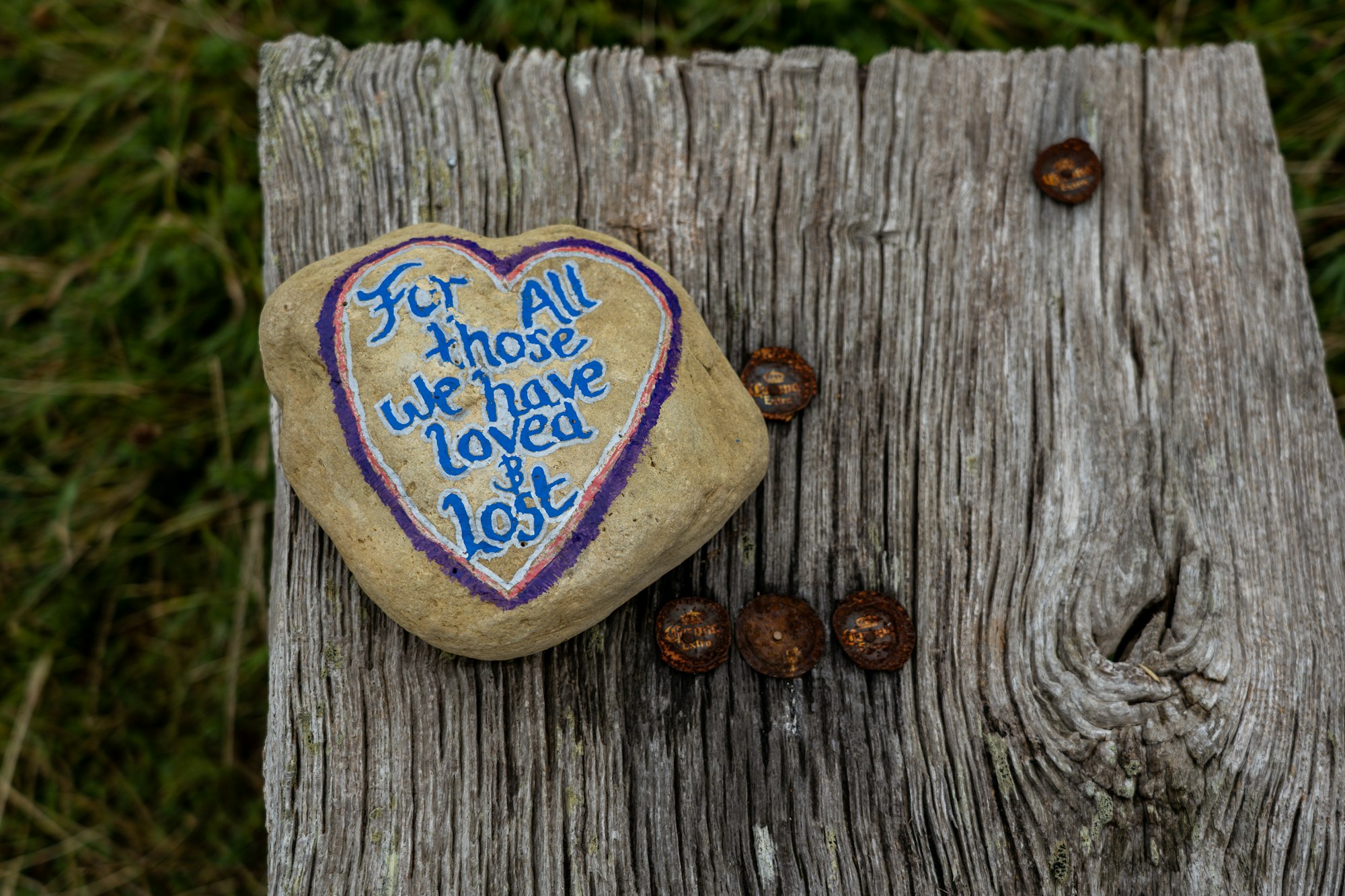The Grief Recovery Room
Embark on a journey of healing in the Grief Recovery Room, a supportive space designed for those coping with loss. Engage in meaningful activities, share memories, and connect with others to honor your loved one. Find comfort, understanding, and a path to healing in a community that cares.
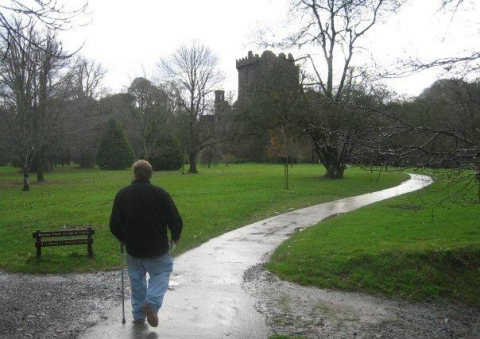
Healing from Love and Loss
The pain passes, but the beauty remains. - Pierre Auguste Renoir
Welcome to The Grief Recovery Room!
Grief is a natural part of life, an emotional state that everyone experiences at some point. Losing a loved one triggers a myriad of feelings - sadness, fear, and even a sense of being lost. The grief journey is individual and unique, with no right or wrong way to grieve. However, understanding grief and exploring healthy ways to heal are crucial. This is where the Grief Recovery Room on Caregiver Relief comes in, offering a supportive space to process grief and honor loved ones through memorial tributes.
I created this space for selfish reasons. You see, I lost my mother when I was 18 years old. Any time you lose a family member is will feel overwhelming. The pain I felt was overwhelming, which I learned was a typical response to the lose of my mother. Grief and loss as that young age impacted me for the rest of my life. You see, my mom was diagnosed with lung cancer. This was found as she was having gallbladder surgery. The pre op chest x ray showed a mass.
It was in the summer right before my senior year in high school. I became my mother's caregiver and a mother figure to my 3 younger siblings. I drove my mother to her cobalt treatments that summer. I was accepted at nursing school and my mom was receiving her cobalt treatments at the hospital where I was going to attend nursing school. I spent my summer traveling back and forth to the hospital. I feel blessed to have time to spend time with her.
My grief experience was complicated by my father's reaction to my mom's cancer diagnosis. We were not allowed to talk about her cancer. To this day I feel guilty that I listened to my dad. I was in anatomy class when I was called out of class. My mom had just left the oncologists office. She was so excited to be able to tell me she beat cancer. As she left the doctors office, while she was on the elevator, my mom had a pulmonary embolism. I was asked to go over to ICU to see her. It was the last time I saw my mom.
Experiencing grief because of he death of a loved one and the level of grief you experience depends on the bond and relationship you have had. I suffer from complicated grief. After my mom passed, my dad would not allow us to talk about her. Our lives were to go on as normal.
Grief is an individual process. When I lost my oldest son, Geoff to suicide my grief reaction was so strong I had hours of vomiting and sobbing. For some it was a natural response to losing a loved one when an unexpected death occurs. My youngest son was in nursing school in Miami. He also had such a visceral response he had to have IV fluids to rehydrate him so he could fly to Ohio for his brothers service.
Both my sons served in the US Army. My oldest son, Geoff, was a Korean linguist. He suffered an injury that resulted in a pain condition, RSD, or CRPS. This is a pain condition that is known as the suicide disease. It causes severe and unrelenting pain. The care provided by the military medical delivery system was beyond cruel and substandard. The lack of caring and concern for those in pain is seen by the medical delivery system as drug seeking.
The emotions one feels when they lose a family member to suicide bring unexpected emotions.There is a stigma that comes with being a survivor of a suicide. There are feelings of guilt and grief and loss. People avoid you. So called friends disappear. I experienced that with both the loss of my mother and then, the suicide of my son.
So, it is with the knowledge and my life experience that has led me to create this forum on my site.
Create a memorial site for your loved one. Here are the different categories :
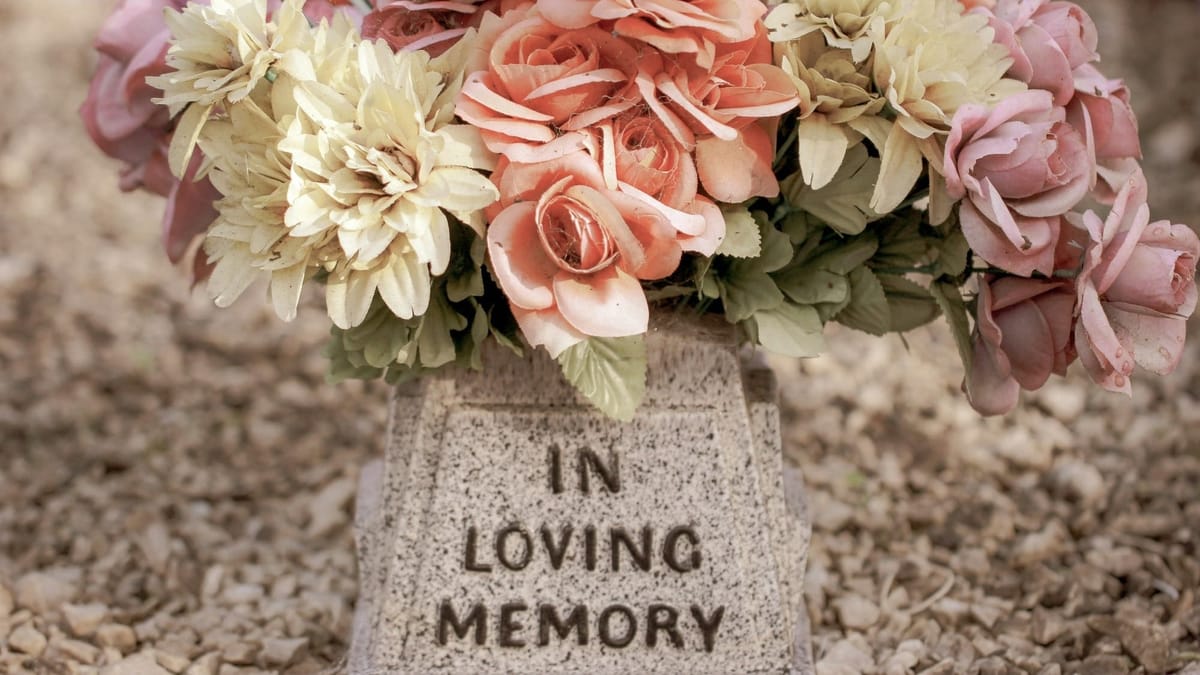
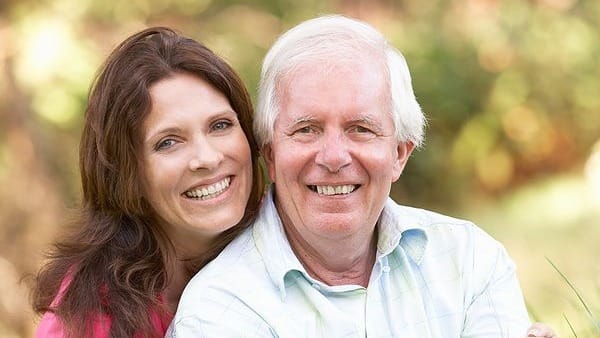
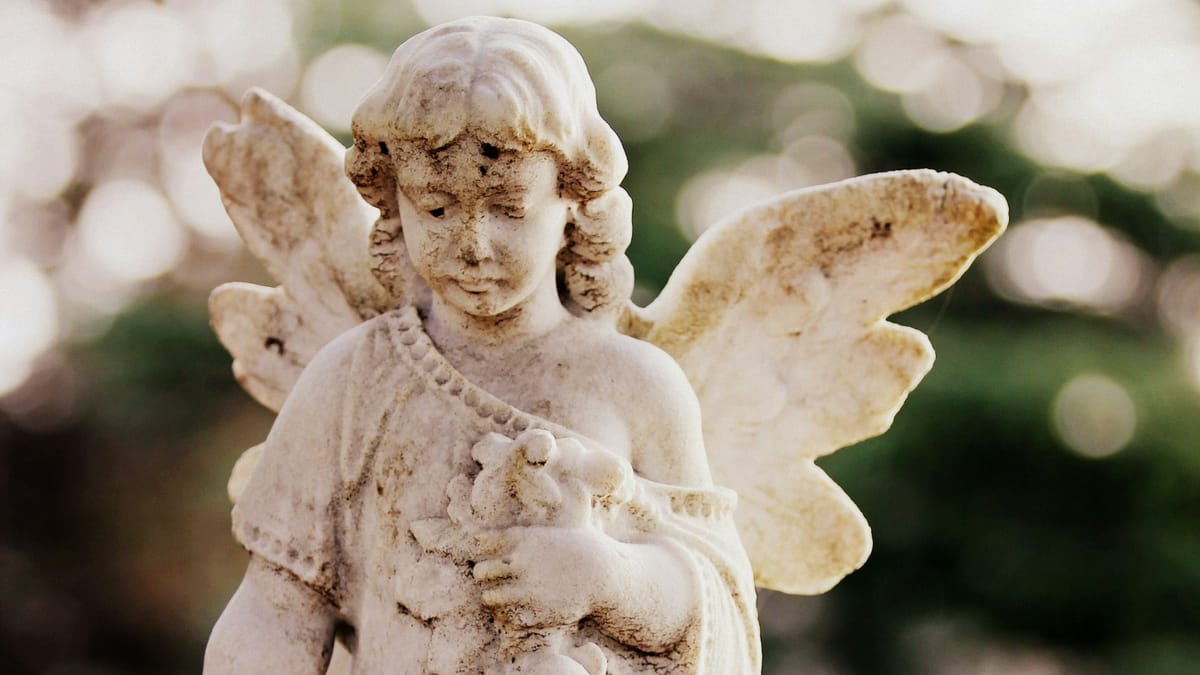

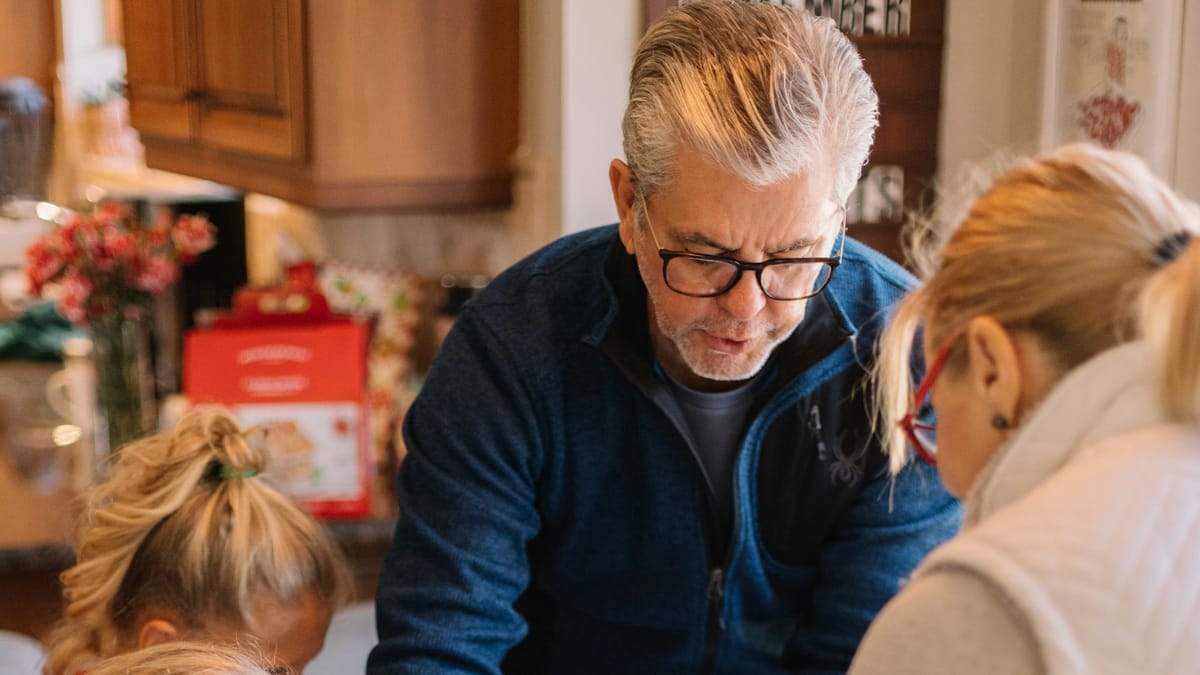

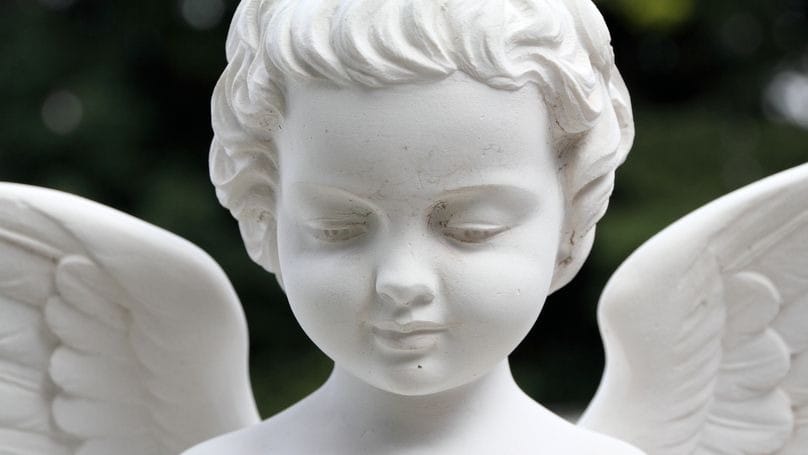
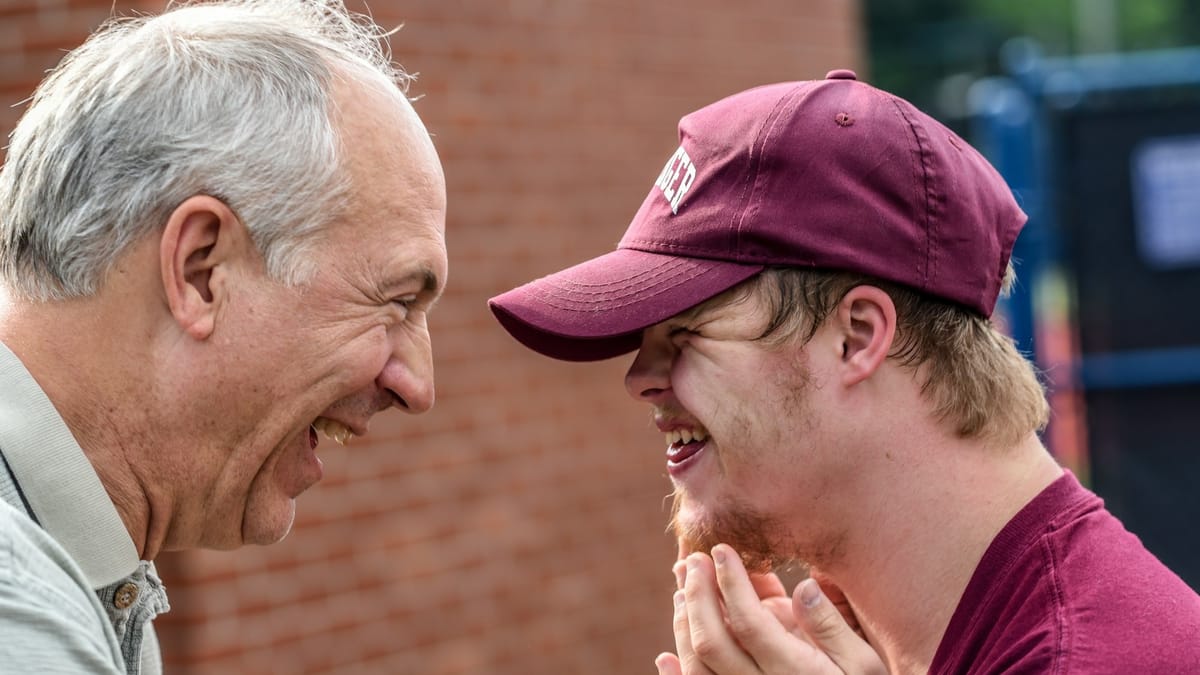

More on Grief and Healing ...
The way we grieve depends on many things Some feel sad, other feel guilty. Many worry that that love dies or memories will completely disappear over time. I can tell you, that none of that is true. So let me help you to understand your pain and help you work towards healing your heart
This video discusses the myths surrounding grief
Understanding Grief and Its Complexity
Grief, an inherent part of the human experience, is the emotional response to loss, particularly the death of a loved one. This process is deeply personal, complex, and varies significantly from person to person.
The Grieving Process: A Unique and Individual Journey
The grieving process is not linear and doesn't follow a set pattern. Each individual experiences grief in their own way, influenced by their relationship with the deceased, cultural background, and personal coping mechanisms. While some may find solace in solitude, others may seek the comfort of family members or support groups. This journey through grief is marked by a range of emotions, from profound sadness to a sense of peace over time.
I have had several strange experiences after the death of my mom and then my son. I have felt my mom's presence at times when I needed her. I had similar experiences with my son Geoff. I've had several experiences that I will share with you. When you hear grief takes as long as it takes, that is an accurate statement. Several years after my son, Geoff's death , I was walking on the beach near my home. It was July and it was Geoff's birthday. I struggle at these times A young man, in his late 20's approached me. He was on a bike and asked me to take pictures of the pier behind him. He then told me he was on a fund raising mission for suicide prevention. His best friend was also a veteran that completed suicide. I started to cry. We hugged and he went on his way.
There are time when you will taken aback, even years later. I was visiting a friend. We were outside talking, when her son came outside. Here is when you realize how cruel grief can be. For a brief moment, a very brief moment, my mind saw my son Geoff. I gasped and tears started flowing. Embarrassed by my response, I abruptly left. I did explain to my friend that for a brief moment, I was Geoff. These types of moments do occur. I have learned that these experiences may be a normal part of grieving.
Physical and Emotional Manifestations of Grief
Grief often manifests physically as well as emotionally. Some may experience physical pain, sleep disturbances, or changes in appetite. Emotionally, grief can lead to difficulty concentrating, a feeling of numbness, and intense feelings of sadness or anger. These reactions are a normal response to loss and are part of the body and mind's natural process of adapting to a significant change.
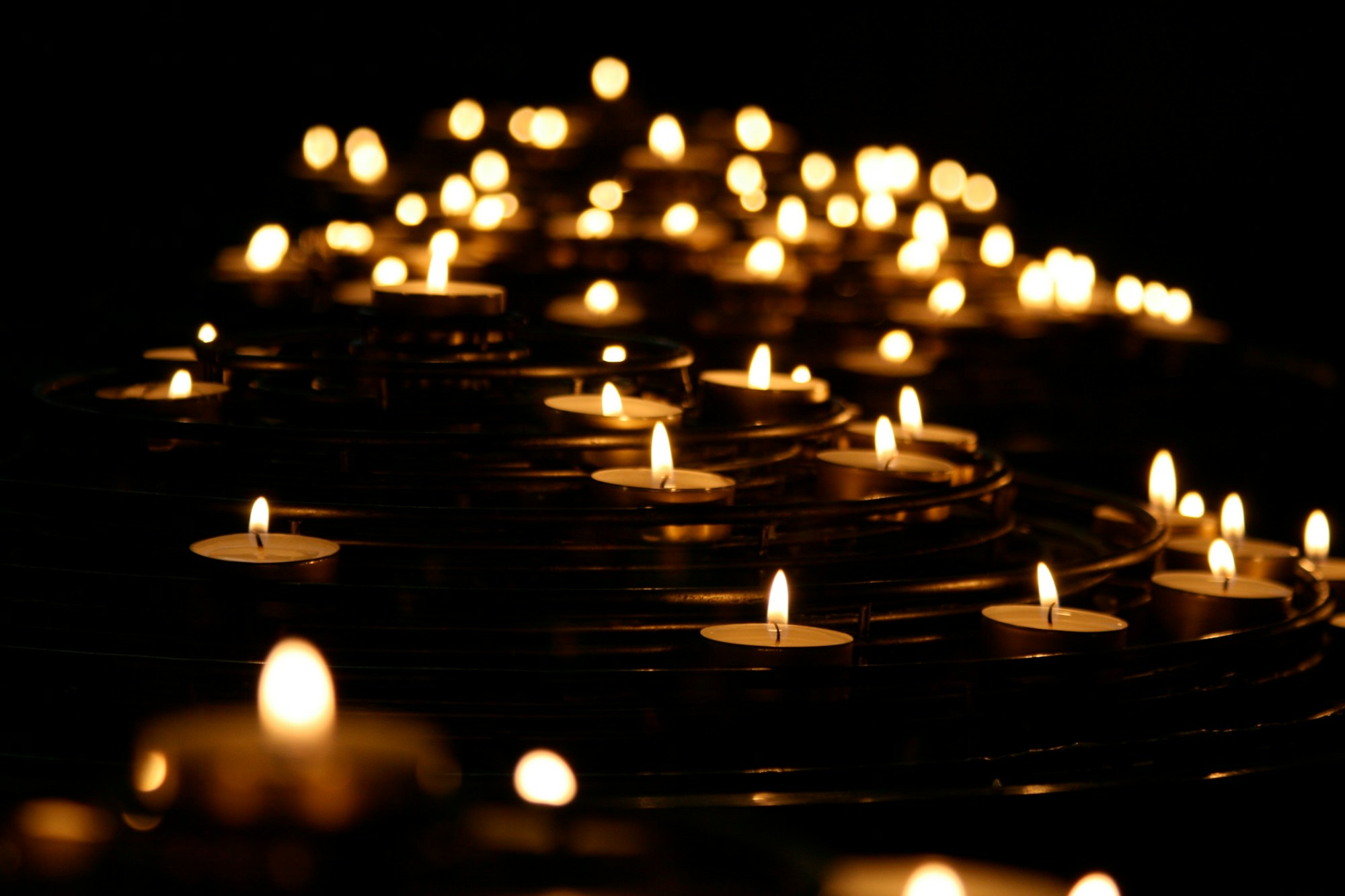
Practicing Self-Compassion in Grief
Self-compassion is crucial during the grieving process. It's important to acknowledge and accept your feelings without judgment. Understanding that there is no right or wrong way to grieve, and allowing oneself to experience grief in its fullness, is part of practicing self-compassion. This includes taking care of one's physical and emotional needs, such as getting enough sleep, eating well, and allowing time to reflect and heal.
Prolonged Grief Disorder and Complicated Grief
For some individuals, grief becomes a more complex condition known as prolonged grief disorder or complicated grief. This condition is characterized by intense longing, unresolved grief, and difficulty moving forward in life. It's important to recognize these signs and seek help, possibly from a grief counselor, to navigate this challenging emotional terrain. As I told you before, I suffer from complicated grief. My dad's inability to deal with the emotions to help us heal negatively impacted me my life. That is the reason why I created this platform
The Role of Grief Counseling
Grief counseling plays a crucial role in healing from grief. A grief counselor can provide support and guidance, helping the grieving person understand their feelings and find healthy ways to cope. Through grief counseling, individuals can learn to practice self-compassion, manage their emotional state, and embark on their grief journey with a sense of support and understanding.
The Importance of Family and Support Groups
Family members and support groups are integral to the grieving process. They provide a sense of community and understanding, offering a space to share special memories and feelings. Being around others who have experienced similar losses can be incredibly comforting and can help reduce the sense of isolation often felt in grief.
Healing through Memorial Tributes
One of the most cathartic aspects of the Grief Recovery Room is the opportunity to create a memorial tribute to honor a loved one. Memorial tribute ideas range from online scrapbooks to memory boards, allowing family and friends to share photos, memories, and celebrate the life of the loved one. This act of remembrance is not only a tribute but also a key part of the healing process.

Creating a “Remembering” Page
A “Remembering” page is a unique way to keep the memory of a loved one alive. This online space allows people to view and interact with the profile of the deceased, sharing memories and remembering important dates. It’s a way to ensure that the loved one’s legacy continues to live on in the hearts and minds of those they left behind.
The Continuity of Grief
The complexity of grief doesn’t end with the funeral. Over time, our feelings and the grieving process evolve. As life goes on, the ways we remember and honor our loved ones may also change. It’s important to give ourselves permission to let our grief change and grow with us.
Embracing Self-Care and Compassion
Self-care is vital in the grief process. Ensuring enough sleep, practicing self-compassion, and avoiding self-criticism are essential steps in healing from a broken heart. Remember, there is no set timeline for grief; it is a natural part of life and a process that takes time.
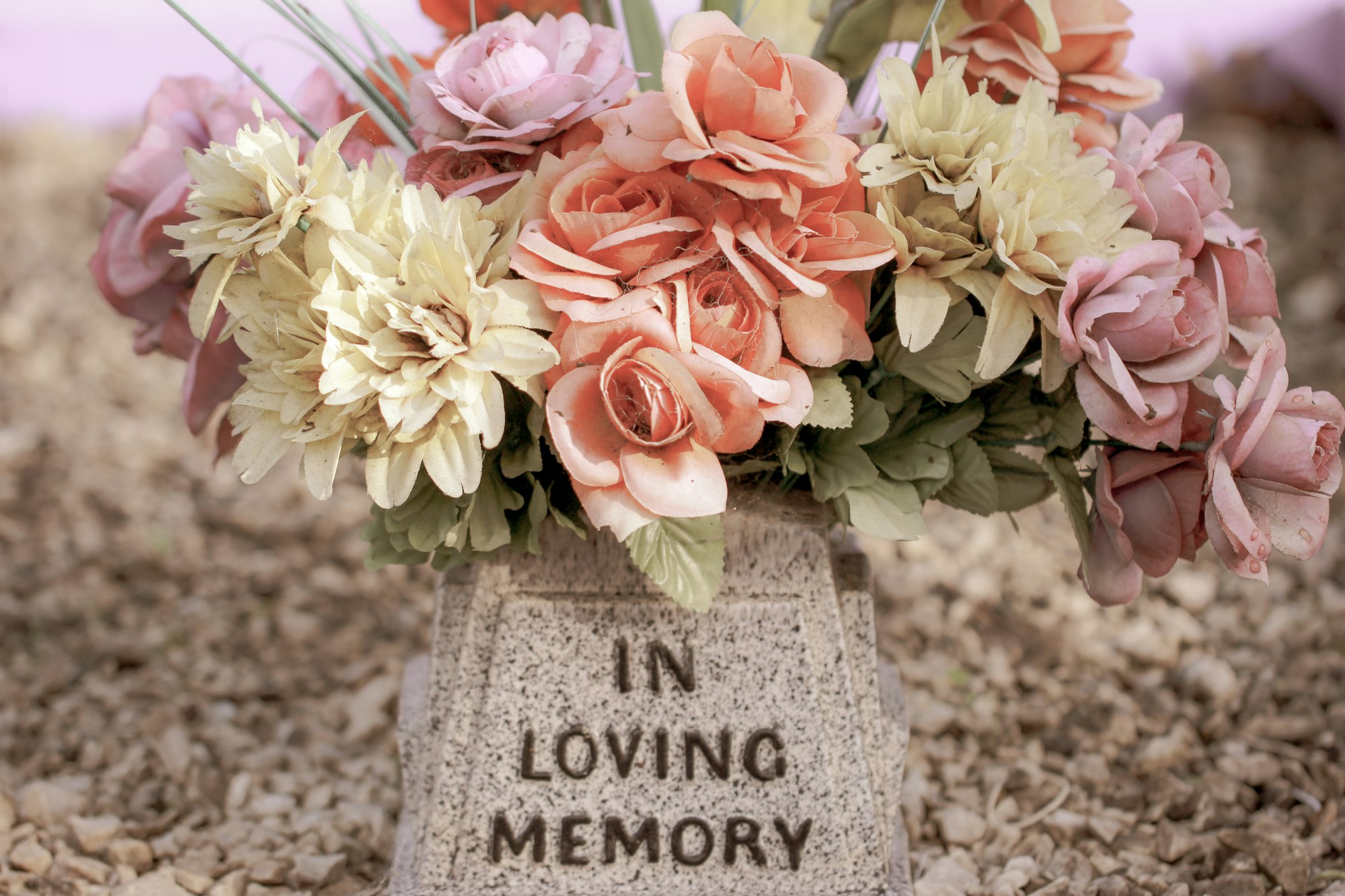
A Journey of Healing and Remembrance
Grief is a journey, not a destination. It’s a process that involves intense emotions, reflection, and, ultimately, healing. The Grief Recovery Room on Caregiver Relief offers a supportive community and resources to honor loved ones through memorial tributes, fostering a healing environment. By joining this space, individuals can find support, share memories, and keep the legacy of their loved ones alive, ensuring that the journey of grief leads to a path of healing and remembrance.
A special message for you..
This was created for those that are grieving and have been thrown into tragic circumstances.
Here you will find friendship, understanding and support from others that may be experiencing similar feelings.
You will find comfort and acceptance about your feelings. You may have support from friends and family at home, but still feel alone.
You may have to pretend you are strong and feel as if you must hide your feelings to help other family members through their grief. This leaves you feeling alone, depressed and despaired.
You may also find that those in your life feel you should be "over this", "your lost family member would want you to be happy ". Those close to you, do not know what to say to you any more.
You must forgive them, for they just want things to be the way that they were. They want to avoid any subject that will "upset" you.
You may not want to "burden" anyone with your pain and suffering. You do not want to alienate anyone.
Through my years of nursing, I have learned that people have no problems bearing their souls to strangers. There seems to be a sense of safety to connect to someone that is physically distant, but emotionally intimate.
My years of providing caregiver support on forums, has led me to provide a safe and comfortable environment where you can say the unthinkable, with anonymity, without fear of reprisal from others.
Create a Memorial Page for Your Family Member
Here's a play list on audios dealing with grief ...
A playlist of audios deaing with grief and healing










